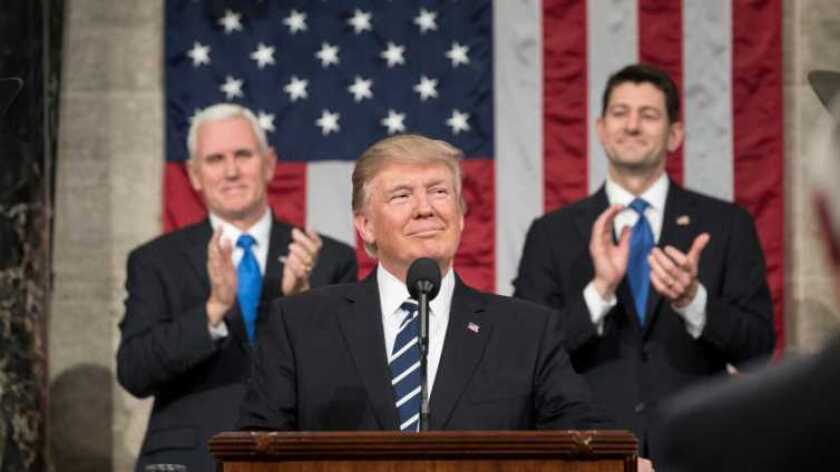The ban, which comes into force next Tuesday, covers the Department of Defense, the space agency Nasa and the General Services Administration. It applies to telecommunications and video surveillance services or equipment, says the interim version of the order (PDF here).
The ban seems to have been rushed through, even though in June Russel Vought, acting director of the Office of Management and Budget, a White House agency, wrote to US vice president Mike Pence calling for a delay to the ban on Huawei and ZTE. He said he wanted two years extra, to give organisations extra time to adjust. In particular rural telecoms companies may struggle to find alternations due to “the limited number of market options”.
Huawei executives have pointed out to Capacity that a rural US telco would be banned from sourcing equipment from it even if they provided a single broadband connection to a US post office or a military recruiting office.
Telecoms equipment makers Huawei and ZTE are the best-known names in the Federal Acquisition Regulation (FAR), but it also includes video surveillance and telecommunications equipment produced by Hytera, Hangzhou Hikvision and Dahua.
The US government says that “urgent and compelling reasons exist to promulgate this interim rule without prior opportunity for public comment”.
In each case the FAR covers “equipment or services” provided by an entity that the US government “reasonably believes to be an entity owned or controlled by, or otherwise connected to, the government of a covered foreign country”.
Huawei and ZTE have both insisted that they are not owned or controlled by the Chinese government or the Communist Party of China, but the term “otherwise connected to” could get around that objection.
The rule explicitly refers to the People’s Republic of China, says the interim text.
Any company offering any services to the agencies have to identify what in their offer is covered by the new rule, which follows on from a clause inserted by Congress into the National Defense Authorization Act for the current fiscal year.
In May Huawei filed a lawsuit against the US government saying that the NDAA, which approved military funding for 2019, is wrong to ban US government agencies from using Huawei equipment or phones.
Song Liuping, Huawei’s chief legal officer, said in May: “Politicians in the US are using the strength of an entire nation to come after a private company. This is not normal. Almost never seen in history.”
The company started a legal claim that the NDAA is unconstitutional and asked the court for a summary judgement.










